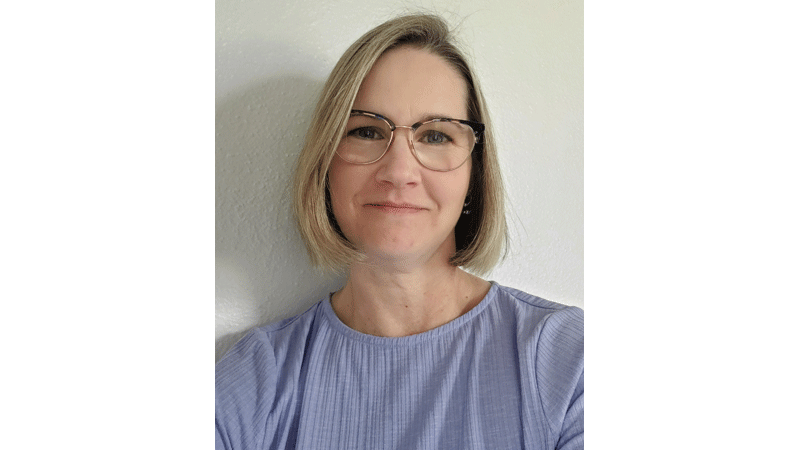New Jersey reform efforts can help in Virginia
Published 10:46 am Saturday, August 28, 2010
by Michael W. Thompson
As Virginia continues with its Governor-inspired effort to modernize state government through the Commission on Government Reform and Restructuring, it might be helpful for our citizens to know what is happening along these lines in another state close by — New Jersey.
Over less than a three-month period, that state’s Privatization Task Force published a final report that should provide many ideas for the Government Reform Commission here in Virginia and for local governments throughout our state. New Jersey has a reputation as a “government/union controlled state,” and that is certainly being challenged by their current governor. However, the ideas certainly provide ideas that could be most beneficial in our Commonwealth.
Let me outline what the Privatization Task Force suggested. Of course, some of these need legislative approval, and others only need administrative leadership.
The New Jersey Task Force determined that at least $210 million a year in cost savings and other benefits. Len Gilroy, the Thomas Jefferson Institute’s Senior Fellow on Government Reform and an advisor to this Task Force, feels actual savings could be much larger once fully implemented.
Sale of surplus state land was recommended although no dollar value was determined for this effort although tens of millions would likely be realized.
A major recommendation was simply for New Jersey Gov. Chris Christy to make privatization a priority of state government and make that policy a central part of his reform effort. This would send an important message, and other governments should consider this as well.
One thing all governments need when they pursue privatization, and something this New Jersey Task Force recommended, is to institutionalize strategies and procedures so that the state enters into privatization efforts in a smart way and avoids the mistakes other states have made in the past.
To this end, a centralized privatization office was recommended where all efforts in this area would reside and be managed in a professional and well-thought-out way. This would be similar to what former Gov. Jeb Bush did in Florida and helped that state eventually save over $550 million in more than 130 privatization projects.
Any effort to privatize government services or assets needs to follow a set of best practices and processes. Other states have learned from mistakes and successes, and those should be understood by governments when they expand the effort to privatize government services and assets.
There were 40 recommendations in this New Jersey Privatization Task Force report, some of which have been discussed in the past by the Thomas Jefferson Institute and some that have not.
These include:
* Construction and Maintenance of Infrastructure. This includes road construction and maintenance and other areas as well. Virginia has shown savings in maintenance privatization of our 1,100 miles of interstate highways, but has not tried this on the 50,000 miles or more of primary and secondary roads. The New Jersey Task Force suggests this because it makes sense.
* State Park Management Agreements. New Jersey’s Task Force suggested that the state follow the lead of the federal park authorities and enter into a long-term management agreement with a private recreation company to operate and manage all of its state parks. An interesting idea that the Jefferson Institute recently suggested.
And this New Jersey Task Force suggested another reasonable idea, which was to have a state advisory group that would suggest public private partnership projects similar to what California has established with its Public Infrastructure Advisory Commission. This could be part of an expanded set of responsibilities here in Virginia of a re-activated Commonwealth Competition Council.
Virginia’s Governor is serious about reforming and restructuring state government. His commission is working on this with the goal of providing initial recommendations for some areas by mid-September and more ideas will be forthcoming by the end of the year.
But Gov. McDonnell will keep this group together and working this government reform area over the next three years.
MICHAEL THOMPSON is chairman/president of the Thomas Jefferson Institute for Public Policy, in Springfield. His e-mail address is info@thomasjeffersoninst.org.





